More men face lonely old age, says study
- Published
Dick O'Brien: "You forget about the loneliness when you are talking to somebody"
Increasing numbers of men are facing loneliness and isolation in old age, suggests research.
Men are often reluctant to join clubs for older people, says the study by the International Longevity Centre (ILC-UK) and the charity, Independent Age.
It predicts the number of older men living alone in England will increase by 65% by 2030.
"When their partner dies, often a man's social life shrinks," said Independent Age chief executive Janet Morrison.
The report: The Emerging Crisis for Older Men, external, says older women will still be more likely to outlive their husbands but, by 2030, growing numbers of men will outlive their wives.
The analysis of recent data from the English Longitudinal Study on Ageing, external suggests 1.5 million older men will be living alone by 2030 - up from 911,000 today.
'No visitors'
Older men often also have less contact with family and friends than women of a similar age, meaning they are often more socially isolated once their spouse dies, says the study.
"The house was always full of kids," 73-year-old John, whose wife died five years ago, told researchers.
"Women keep the family together and people rally around them.
"When women die, people drift away from the man left behind."
Evidence suggests men and women experience social isolation in different ways, says the report, with men less likely to ask for support.
Widower Dick O'Brien, 77, from Reading, told BBC News he has 13 grandchildren and 10 great-grandchildren but they are "busy with their own lives" and he sometimes has no visitors for days.
He has tried going to clubs but says: "For some unknown reason I just don't fit in. It makes me feel older than I am.
"I socialise best when I am on my scooter, when I'm having a chat to anyone on the road.
"When I'm out people think, 'He's a happy old soul.'
"I am, but you are coming back to an empty house.
"It's very, very lonely. And you think why do I bother? You know it's worth bothering. Of course it's worth bothering but it's depressing. It's very depressing. It gets to you."
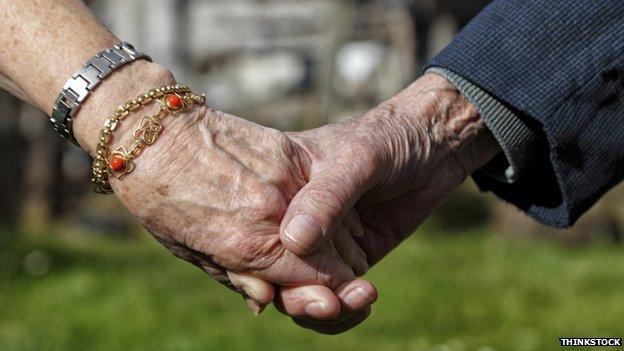
Men often rely on their spouses to maintain contacts with family and friends and so can be badly affected when widowed, says the report
With loneliness and isolation linked with poor mental and physical health, the report says it is crucial to target services for older men more effectively.
Many men said they preferred services "that reflect longstanding interests and passions".
More 'blokey'
Ms Morrison wants more research into "how we involve men in designing services".
"They're more likely to want to use their skills or hobbies so they have a real sense of purpose.
"Of course, out of that, they benefit from making social connections and contacts - but they won't necessarily go along just for a cup of tea and a chat," she told BBC News.
The marketing needs to be more "blokey", one project leader told the authors.
ILC-UK chief executive Sally Greengross said it was important to accept that "many of our services simply don't work for men".
Innovative clubs and social programmes are needed to keep men socially connected after retirement, said Baroness Greengross, "as well as offering support at certain later-life events, such as widowhood".
Laura Ferguson, director of the Campaign to End Loneliness, called the findings "worrying".
"With social isolation and loneliness posing a serious risk to their health, local activities must be more tailored to suit men's interests and needs."
- Published9 May 2014
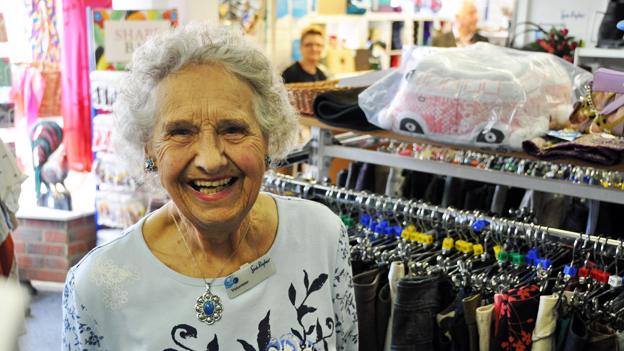
- Published22 May 2014
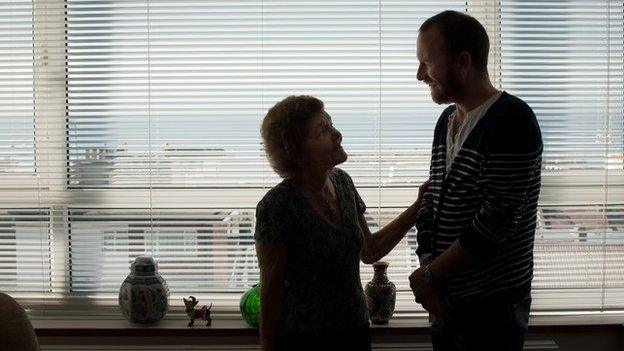
- Published7 May 2014
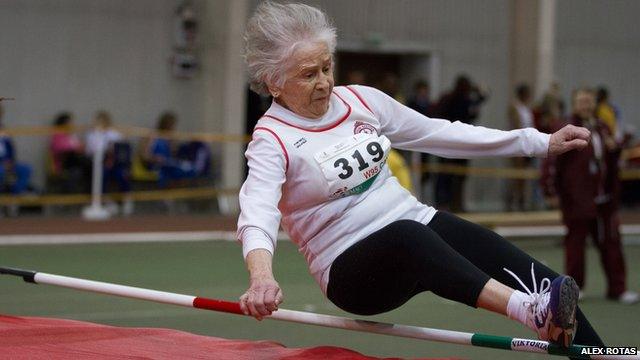
- Published14 March 2013
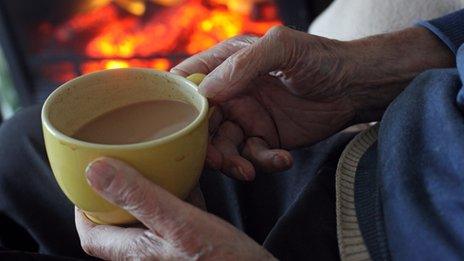
- Published14 March 2013